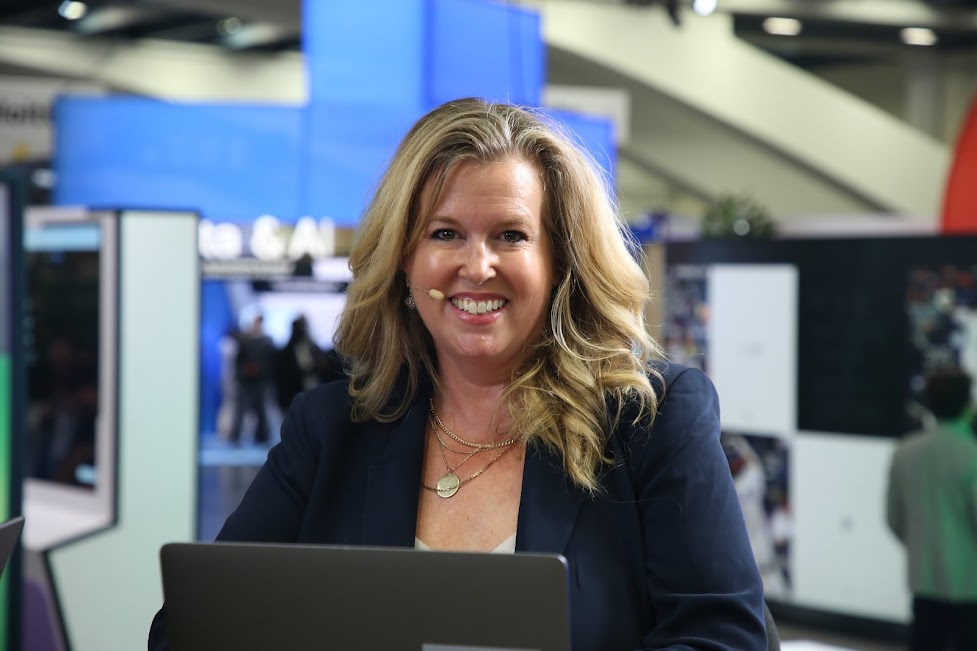 CLOUD
CLOUD
 CLOUD
CLOUD
 CLOUD
CLOUD
Splunk Inc. built its platform around enterprise resilience, and this has provided the 20-year-old company with a perspective on how organizations are adapting to the reality of data protection in a technology world that is constantly under attack.
“For the first time, I think we’re seeing the blend of these organizations coming together because we have to secure the entire enterprise,” said Gretchen O’Hara (pictured), vice president for worldwide partners and alliances at Splunk. “How do you make sure that you have your SecOps, DevOps, IT engineering really shored up to make sure that your businesses and processes are well secured? That means not going back and forth between what is a security breach and what could actually be within the application, but a unified way to do security and observability. That’s really what Splunk is all about.”
O’Hara spoke with theCUBE industry analysts Lisa Martin and Dustin Kirkland at the Google Cloud Next event, during an exclusive broadcast on theCUBE, SiliconANGLE Media’s livestreaming studio. They discussed the Google Cloud collaboration and Splunk’s approach to generative AI. (* Disclosure below.)
Splunk’s partnership with Google Cloud includes a focus on reducing the time it takes to detect and respond to a threat, using Splunk’s Security Orchestration, Automation and Response platform with the cloud provider’s playbooks. This has attracted interest from a number of key vertical industries, according to O’Hara.
“Verticals is one area where Splunk continues to go deeper, and this is where Google Cloud and Splunk really come together, because Google is so deep in certain industries,” O’Hara said. “We certainly can deliver on financial services and, of course, retail. Retail is a big area of focus for both of us.”
Splunk’s presence with Google Cloud in a number of vertical markets will also be driven by enterprise interest in generative artificial intelligence solutions. In July, Splunk launched a collection of offerings under the “Splunk AI” banner that included a generative AI assistant for helping user interaction with underlying application observability data.
“Every customer is talking about AI in some way, generative AI is the topic that is essentially inescapable,” O’Hara said. “We’re building that best capability but realize that there’s still going to be a human factor involved. It’s making sure we don’t ever remove the human element so that we can make sure that we’re building that digital resilience.”
Here’s the complete video interview, part of SiliconANGLE’s and theCUBE’s coverage of the Google Cloud Next event:
(* Disclosure: Splunk Inc. sponsored this segment of theCUBE. Neither Splunk nor other sponsors have editorial control over content on theCUBE or SiliconANGLE.)
Support our mission to keep content open and free by engaging with theCUBE community. Join theCUBE’s Alumni Trust Network, where technology leaders connect, share intelligence and create opportunities.
Founded by tech visionaries John Furrier and Dave Vellante, SiliconANGLE Media has built a dynamic ecosystem of industry-leading digital media brands that reach 15+ million elite tech professionals. Our new proprietary theCUBE AI Video Cloud is breaking ground in audience interaction, leveraging theCUBEai.com neural network to help technology companies make data-driven decisions and stay at the forefront of industry conversations.